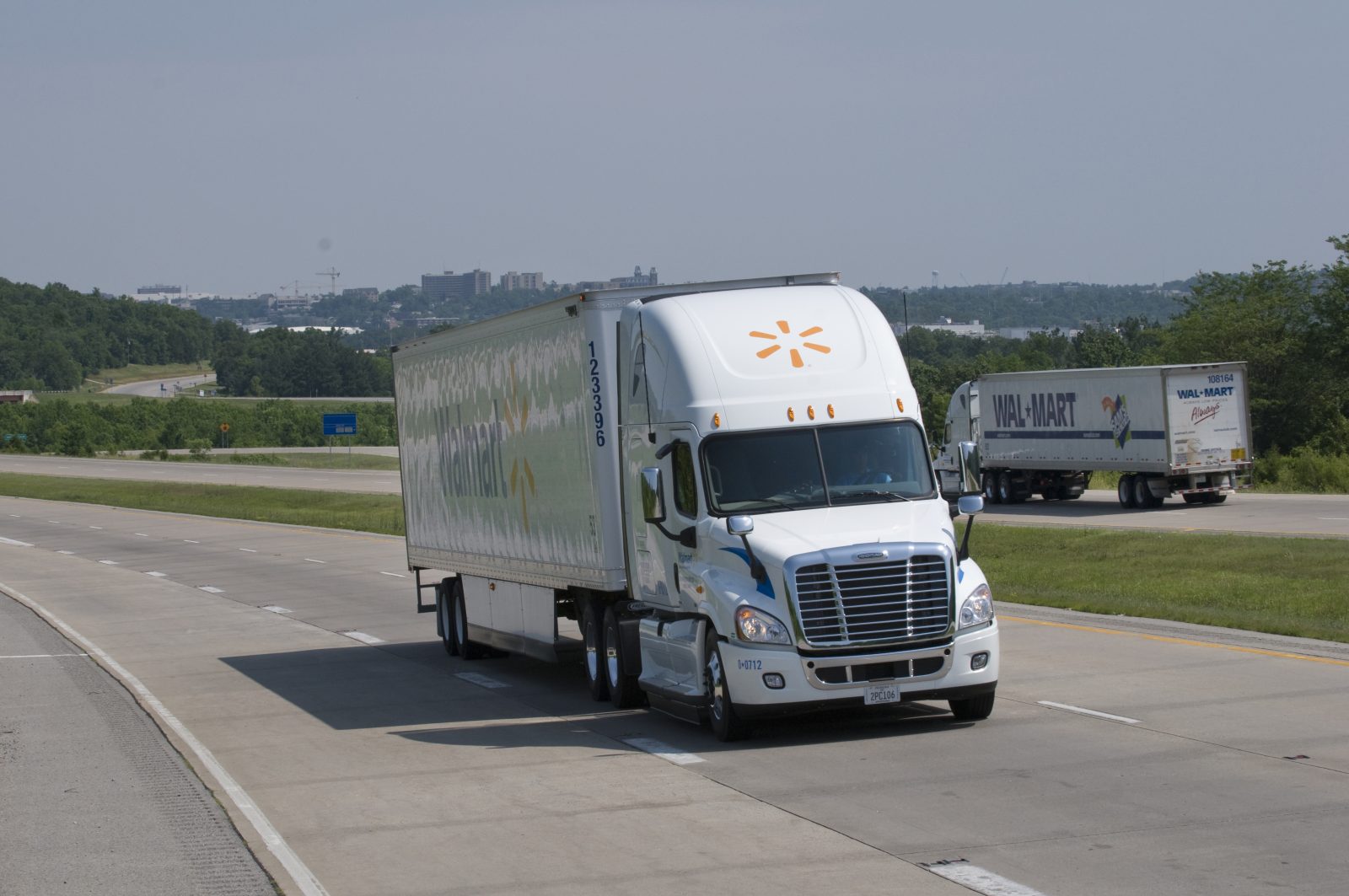CORNWALL, Ontario – Truckers are who keep our local and regional economy going by making sure vital supply chains stay intact. If you go to a store and buy something, more than likely, it got there on a truck.
Cornwall is lucky enough to be a logistical hub for the region, which means there are plenty of truckers and trucking companies that call the city home.
Through flooding, ice storms, blackouts, and now, a pandemic, truck drivers work to ensure that our stuff gets to where it needs to go.
The pandemic has meant the need for social distancing across many industries, and a lot of businesses are having their employees work from home and are communicating with their clients remotely, instead of in person.
“We’re sanitizing the office twice a day. Areas in the building have been assigned to certain personnel only. It’s weird to have to lock the front door for the first time in 29 years. Aside from that it’s business as usual,” said Yves Poirier of Minimax Express.
While most people are being asked to stay home, for truckers, it is the opposite. Truckers are out on the road every day.
“Ninety per cent of our business is essential so our drivers are very busy running in Ontario, Quebec and in the United States. We go down [to the United States] with home and health care products and bring back the same. We bring back food as well and food goes southbound,” said Rob Haggerty, CEO of I.T.S. “For truckers, it’s business as usual.”
Like everything in today’s world, daily life on the road has changed because of the COVID-19 pandemic. Cleanliness and sanitation are not only things that are in demand from clients, but is also necessary to protect the drivers doing this essential work.
“With such emphasis on hand washing, it’s a very difficult to do, when you’re on the road,” explained Melanie Hamel, General Manager at Seaway Express. “So, we have provided our drivers with hand sanitizer and disinfecting wipes. We have asked them to clean their equipment at least once a day (steering wheel, mirrors, gear shifts, latches, handles, clipboard, pens, etc.). Some customers do require masks so we have made these available for our drivers, along with latex gloves.”
I.T.S has spent $50,000 on PPE since the end of March and is complying with CBSA regulations at the border that all drivers wear masks and sanitize their hands.
For their hand sanitizer, I.T.S has partnered with the Long Sault Pharmacy to acquire a locally made product.
Bob Dean, a trucker with Minimax with 22 years of experience on the road explained that washroom access was becoming a problem.
“Like everyone else we practice social distancing and wash our hands continuously. We need to use hand sanitizer as customers have restricted the use of their washrooms to their own staff. Not having washrooms available to us is putting added stress to our daily routine. I wish clients would understand,” he said.
Steve Sauve, a driver with RC Holdings who has been driving for 12 years says that he has never seen things this quiet.
“I have never seen the roads this quiet, Crossing Toronto use to take 2-3 hours and now I am through in 35-45 minutes,” said Sauve. “It has been a challenge to find bathrooms and showers on the road, restaurants are not allowed to have people eat in so finding a place to sit and eat a hot meal has been challenging.”
Driver Nick Scott has 30 years of experience driving trucks and 15 years with Seaway Express. Scott explained that distance between himself and customers is the new normal.
“Less contact, for sure. We do not go into the other businesses,” he said. “Most deliveries are taken off the truck, by the customers any they simply knock on the trailer door, when complete. From there, I wipe down the handles of the trailer.”
Scott went on to explain that while there is much less traffic on the road, there is some extra adversity, such as in places where restaurants are closed because of the pandemic.
“Hopefully, the social distancing comes to an end at some point, I’ll be glad when this is over,” Scott said.





